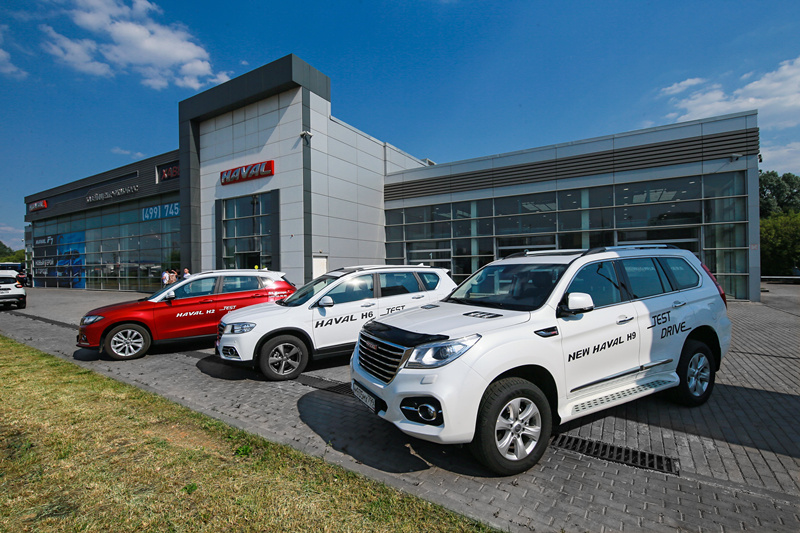Great Wall Motors to invest 3.7b yuan in Russia

Great Wall Motors said on Monday it is to invest 3.7 billion yuan ($542.26 million) to upgrade its Russian plant in Tula, a city almost 200 kilometers south of Moscow, marking the latest move for China's largest SUV producer in going global.
The investment is part of the special investment contract signed with the Russian Ministry of Industry and Trade.
The contract features a government policy designed to stimulate large companies to increase their investment in Russia, offering stimuli including tax incentives as well as eligibility for state procurement.
Great Wall Motors, the first Chinese carmaker to sign such a contract, said the money will be spent on improving the Tula plant's capabilities in localized production of core components including engines, transmissions and vehicle control systems.
Denis Manturov, Russian minister of industry and trade, said a higher level of localization will help increase Great Wall Motors' competitiveness in the Russian market.
The Tula plant, with an investment of $500 million, started production in June 2019. It is Great Wall Motors' first wholly-owned overseas plant.
The company is producing several models at the plant, including the Haval F7 and the Haval H9. Statistics show that the carmaker's sales in Russia in the first eight months grew 85 percent year-on-year.
Tony Guang Sun, vice-general manager of the carmaker's international marketing arm, said, "Going global is an inevitable trend for Chinese brands."
He made the remarks on Saturday at the opening of this year's Beijing auto show.
Sun said the carmaker started to sell vehicles overseas in 1998, and now it has an international sales network of over 500 dealerships in over 60 countries and regions. Over the years, its accumulated overseas sales have totaled 700,000.
Sun said Chinese companies including Great Wall Motors can now compete with international rivals in terms of product quality, but they still have a long way to go in brand building.
"Now the biggest concern of our customers in overseas markets is not product quality, but how long we will be there," he said.
Sun said one of the key solutions to dispel their anxiety is localization, including building production plants, as well as sales subsidiaries and spare parts warehouses, which can ensure the quality and speed of after-sales service.
Local employees account for usually 70 to 80 percent of Great Wall Motors' overseas business.
Great Wall Motors has already built subsidiaries in key regions like Russia, Australia and South Africa. It is planning to set up such agencies in the Middle East and South America soon.
Sun said the company aims to sell 70,000 vehicles overseas this year, which will account for around 7 percent of its total sales.

